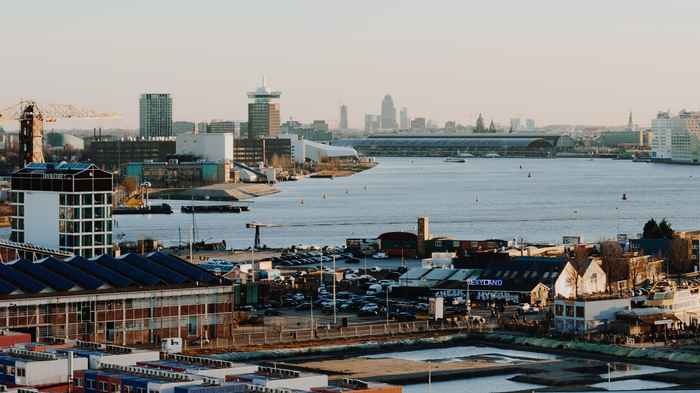Honoursmodule: Urban Transformation, Gentrification & Inequality in Amsterdam

When young households migrated to Amsterdam for work or education in the last century, they often entered the city in the most deprived areas. In the early 1980s, this meant that students and labour migrants would often find housing in nineteenth-century neighbourhoods such as De Pijp, Staatsliedenbuurt or Indische Buurt. Amsterdam was shrinking in population and there were serious concerns over the economic and social viability of urban living. The ‘urban crisis’, however, would come to an end soon.
By the end of the 1990s, it had become clear that Amsterdam was flourishing economically and was growing again. Ten years later, academics, planners and politicians were proclaiming the ‘triumph of the city’. Yet, Amsterdam’s resurgence has also had profound social and spatial effects.
Whereas Amsterdam use to be a poor city, the income levels are now above the national average. The city is growing in population and demand for housing is high. Prices of real estate are higher than ever. At the same time, low-income households are having a hard time finding housing or staying put. These processes, in Amsterdam but also elsewhere, have been conceptualised, and critiqued, as gentrification.
The aim of this course is to understand this urban social transformation - why and how did it happen? - but also to contemplate how social changes may lead to social inequality and other forms of inequity at the level of the neighbourhood.
Timetable
We now expect that all lectures can take place on-campus. In case the situation changes, you will be notified. You can find the timetable on Datanose.
Registration
Registration is open for second-year or third-year Bachelor's students participating in an Honours programme. Between 30 November 10 am and 3 December 11 pm, you can register by completing the online registration form that will appear on Honoursmodules IIS. Placement is random and students will hear within two weeks for which course(s) they are registered.
Please note: There is no guarantee for placement if you register after December 3, so make sure you register on time. For questions about registration, please contact us at Honours-iis@uva.nl.
More information
- Mode
- Honours programme
- Credits
- 6 ECTS,
- Language of instruction
- English
- Starts in
- April